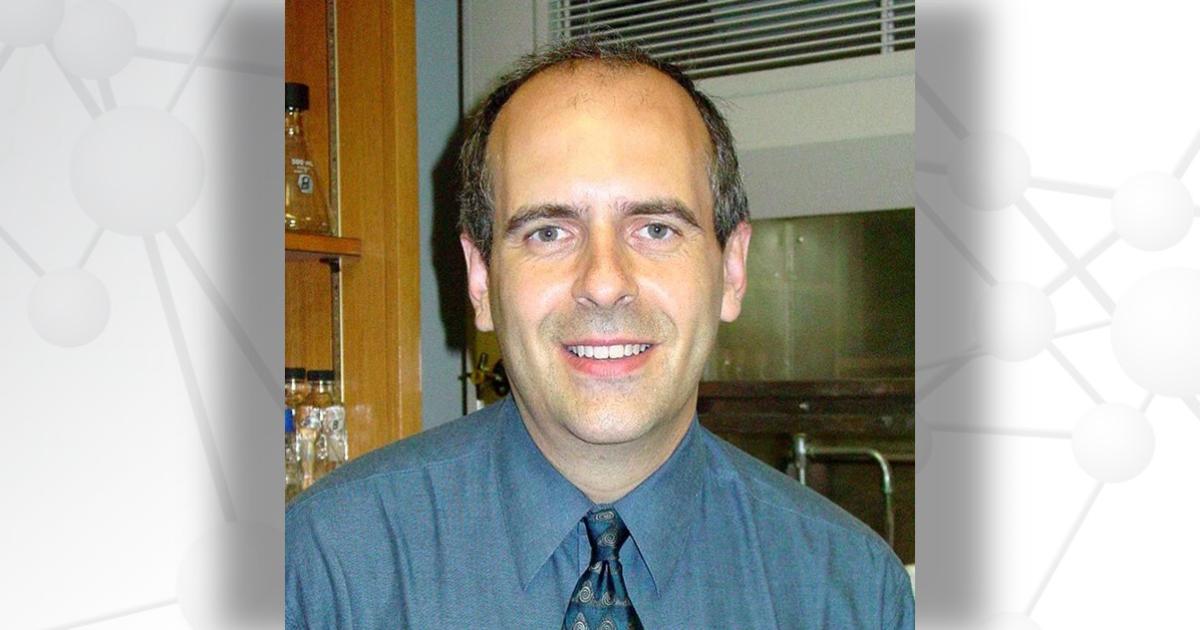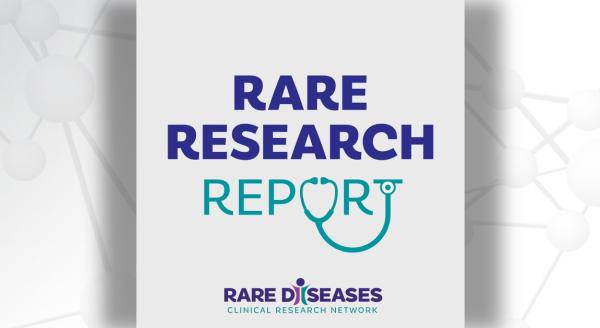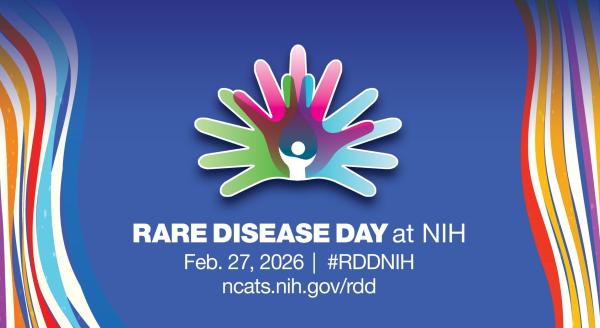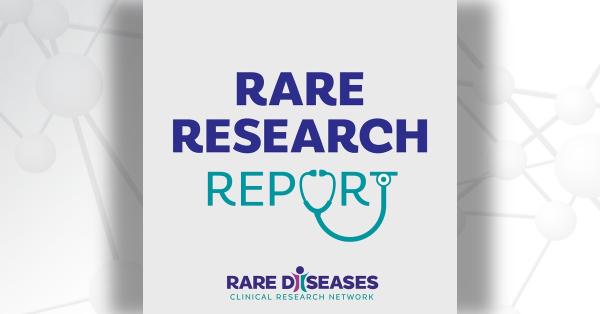Fernando Scaglia, MD, is a professor in the Department of Molecular and Human Genetics at Baylor College of Medicine; co-director of the Pediatric Mitochondrial Medicine Clinic at Texas Children's Hospital; and director of the BCM-CUHK Center of Medical Genetics at Prince of Wales Hospital, Hong Kong. His research focuses on the natural history of mitochondrial disorders, supported by the North American Mitochondrial Disease Consortium (NAMDC). Here, he shares his start in rare disease research, exciting discoveries, and future goals.
What inspired you to become a researcher in the rare disease space?
I was fascinated by an introduction to the field of genetics and Mendelian disorders during college. That experience initially inspired my dream about a career in medicine. This initial impression was further solidified by witnessing the effects of a chronic disease in a member of my family, as I realized I wanted to become a physician to improve patient outcomes.
As a pediatric resident at Emory University, a toddler who presented to our team with a metabolic stroke episode who was eventually diagnosed with mitochondrial encephalomyopathy, lactic acidosis, and stroke-like episodes (MELAS) syndrome cemented my conviction of becoming a physician-scientist and working on rare disorders. As I met more patients with mitochondrial diseases over the years, I realized I could make an impact in the management of these rare disorders by exploring novel therapeutic approaches through clinical trials.
What has been your biggest “aha” moment as a scientist?
My biggest "aha" moment as a scientist was adapting a stable isotope approach that had been previously used in urea cycle disorders to MELAS. In so doing, I was able to demonstrate a deficiency of nitric oxide production in patients with MELAS when compared to controls.
Moreover, the amino acid L-citrulline restored nitric oxide production to normal levels, opening the possibility of a phase 1 clinical trial of citrulline in adult patients with MELAS currently funded by the NIH through the NAMDC. It is very rewarding to know that a new door opened to treat patients with this rare disorder, as they count on you to improve their quality of life.
Can you tell us about a recent discovery and what it means for patients and physicians?
We are currently using an untargeted metabolomics approach to identify novel biomarkers for mitochondrial disease. These discoveries can help as these biomarkers will be immensely useful to monitor the progression of the disease and the response to existing and new therapies in the form of clinical trials.
Can you tell us about the NAMDC, how it came together, and what role it has played in your work?
Research in mitochondrial disorders had been hindered by the fact that these are rare disorders and by lack of ascertainment by clinicians. This had hampered the recruitment of participants in research studies and clinical trials. The NAMDC was set up in 2010 to circumvent these roadblocks. These efforts were led by Dr. Michio Hirano and Dr. Salvatore Di Mauro.
This consortium of clinicians and researchers in the United States and Canada whose work is focused on mitochondrial disease has created a mechanism for sharing patient samples and data among researchers. It has also allowed us to better study the incidence and prevalence of these disorders and their natural history. In doing so, NAMDC has enormously facilitated my work to conduct clinical research and launch a phase 1 trial to evaluate the safety of L-citrulline in adult patients with MELAS syndrome.
What do you see ahead for the NAMDC and your rare disease research?
As a member of a working group, we are focused on ensuring the long-term viability and sustainability of our consortium and other consortia. In our case, that will be key to continue providing a service to the mitochondrial community. I do foresee NAMDC as a permanent stakeholder that will foster laboratory and clinical research.
Consequently, this will lead to the development of targeted therapies that will ultimately improve the quality of life of patients with mitochondrial disease and their families. It is very important to have the structure of NAMDC present to continue nurturing my rare disease research and the research of other investigators.
The North American Mitochondrial Disease Consortium (NAMDC) is part of the Rare Diseases Clinical Research Network (RDCRN), which is funded by the National Institutes of Health (NIH) and led by the National Center for Advancing Translational Sciences (NCATS) through its Division of Rare Diseases Research Innovation (DRDRI). NAMDC is funded under grant number U54NS078059 as a collaboration between NCATS, the National Institute of Neurological Disorders and Stroke (NINDS), the Eunice Kennedy Shriver National Institute of Child Health and Human Development (NICHD), and the Office of Dietary Supplements (ODS).




